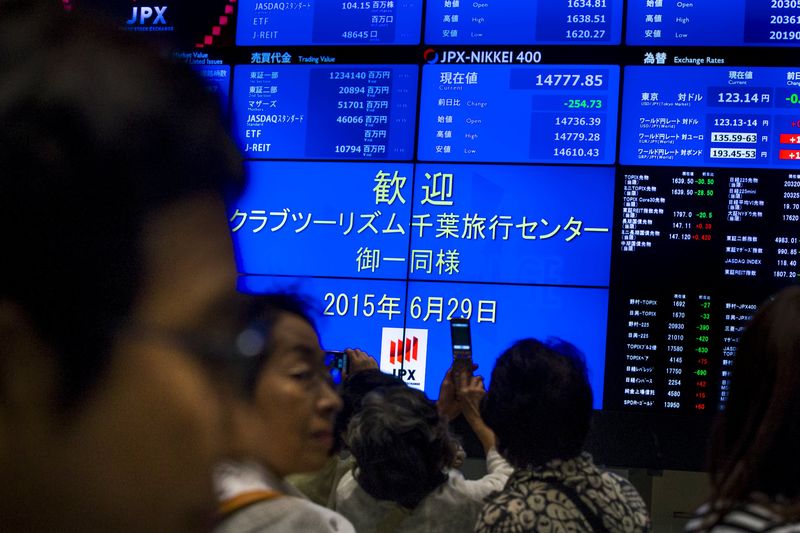Investing.com-- A recovery in Japanese stocks, from an August crash, is expected to pick up towards the end of the year, BofA analysts said, especially after uncertainty over the U.S. and local elections clears.
Japan’s Nikkei 225 and TOPIX indexes plummeted into a bear market at the beginning of August, following a hawkish Bank of Japan and a stronger yen. While they have since rebounded sharply, they were still trading well below peaks hit earlier in the year.
BofA said it expects this recovery to pick up from November, especially after the U.S. presidential elections, which are forecast to be a tight race between Donald Trump and Kamala Harris.
Japanese half-year earnings are also due by November, and are expected to offer more insight into how much yen appreciation in recent months dented company earnings. But the brokerage does not see “significant earnings deterioration.”
BofA said it preferred stocks with exposure to domestic demand, especially as private consumption appeared to be improving in recent months. Exposure to high-quality cyclicals was also recommended by the brokerage, on expectations of looser monetary policy in Japan’s key overseas markets.
Additionally, the Japanese ruling Liberal Democratic Party is set to hold its leadership elections on Friday, effectively deciding on Japan’s next Prime Minister. BofA said Japanese markets could see some volatility in the aftermath of the elections, although the next prime ministerial candidate is likely to continue the LDP’s policies in the near-term, heralding little disruption.
The overall impact of the LDP elections is expected to be “transient,” BofA said.
A leadership change in Japan is also expected to somewhat delay the Bank of Japan’s plans to hike interest rates further, which could limit overall strength in the yen. BofA said while there was room for more rate hikes, a “reasonable pace” of hikes from the BOJ was expected to cause little disruption in a stock market rebound.
BofA said Japanese markets were likely already in a recovery phase, with risk sentiment to recover in about two-three months after a major crash.
